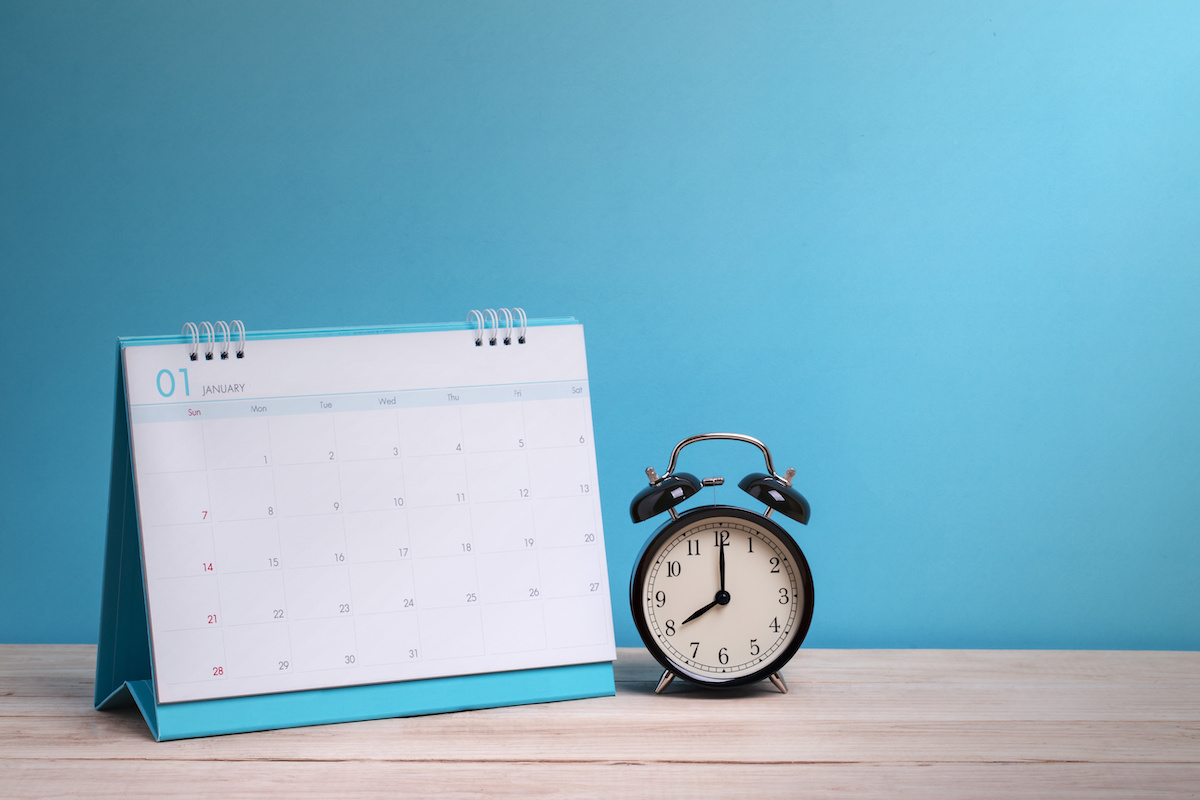Using a filtration system for your drinking water can provide peace of mind. But if you’re not changing your filters regularly, they may not be doing their job effectively. That goes for refrigerator water filters, water filter pitchers like Brita, or whole house water filtration systems.
The NSF notes that most filters either trap contaminants in pores or they adhere to the surface of the media. In either case, the filter will eventually become “full” of contaminants. Once a filter becomes full, water will have a difficult time getting through it and what does get through may not be effectively filtered.
As this article from Good Housekeeping puts it: “If you don’t change the filter regularly, not only will you lose the benefits of filtration, you’ll be putting yourself at more risk by drinking water that’s run through a contaminated filter.”
How often should you change your filters?
The answer to this question varies based on what type of water filtration system you have, and the specific product. All certified filters will provide information on how often you should change your filter. Replacement frequency is typically based on gallons, months, or “service cycles”.
You also may notice that your water begins to come out slower (for example, with a refrigerator water filter) or, if you have filtration pitcher, it takes longer to fill up. These are signs your filter is full and water is having trouble getting through.
Follow the recommended schedule and watch for the signs. These guidelines will help you get the greatest benefit from your filter and keep your drinking water free of contaminants.



